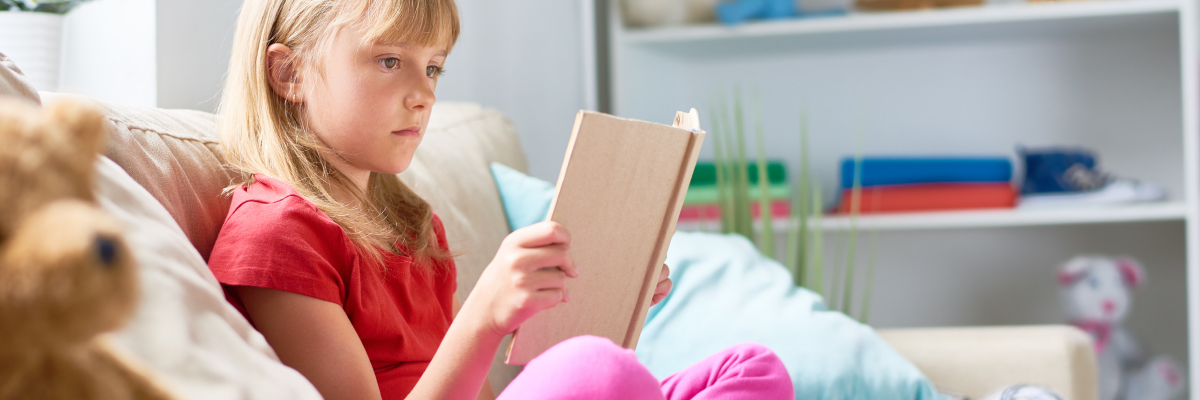
Article at a Glance
According to literacy experts, learning how to read proficiently by the third grade is critical. In the third grade students are no longer just learning how to read, they are now reading to learn. For example, if children struggle to read their science book, they won’t learn what they need to know in science.
Helping your children learn how to read starts way before they are even able to pick up a book. Early exposure to books is one of the most important factors to learning how to be a good reader.
Here are some other things you can do:
Make school attendance a top priority. Absenteeism is a big contributor to low reading scores.
Talk to your children—a lot. Encourage questions and answer questions clearly and patiently. Even chatting with your newborn will help to build reading readiness.
Read out loud to your children. A U.S. Department of Education study found that reading to children at least three times a week doubles their chances of being in the top 25% in reading. It also helps to have your children read to you.
Make going to the library fun. Most libraries have programs that help children get involved with books very early on or offer incentives for reading.
Learn nursery rhymes and songs. They are a great way for children to learn how to rhyme—one of the building blocks to learning how to read.
Get to know your child’s teacher and be aware of how your child is doing in school. If your child is struggling, literacy experts suggest intervention by a trained reading specialist. Summer reading programs are also helpful along with parenting workshops that teach parents learn how to help their children. Many experts are hesitant about holding children back a year because it increases the risk that they will drop out later. It is better to address any issues early on before they become a problem.
Limit TV and video game time. The American Academy of Pediatrics recommends no more than one to two hours a day of entertainment media. They also recommend keeping TVs, computers, and video games out of kids’ rooms. Entertainment media should be avoided entirely for children under two years old.
Build your home library. Make sure you have age-appropriate reading material in the home.
Learn about the sounds letters make. A great way to do this is by playing games. Find words that start with the same sound or have your child listen for words that start with a particular letter.
Point out and talk about letters. During the day, point out different letters on signs, cereal boxes, and in books. Sing the alphabet song with your child.
Practice writing. For older children, practice writing by having them write notes, grocery lists, or captions for pictures.